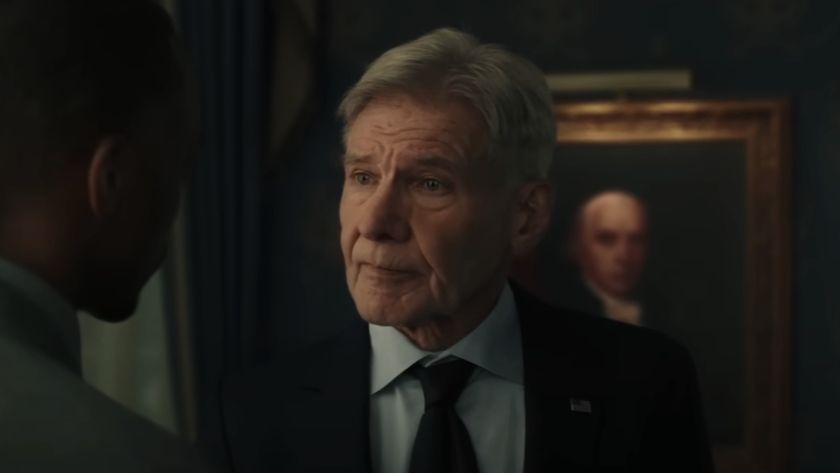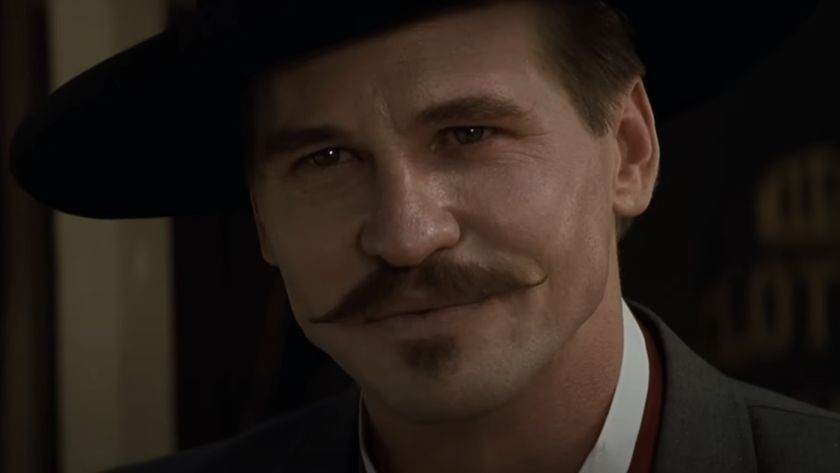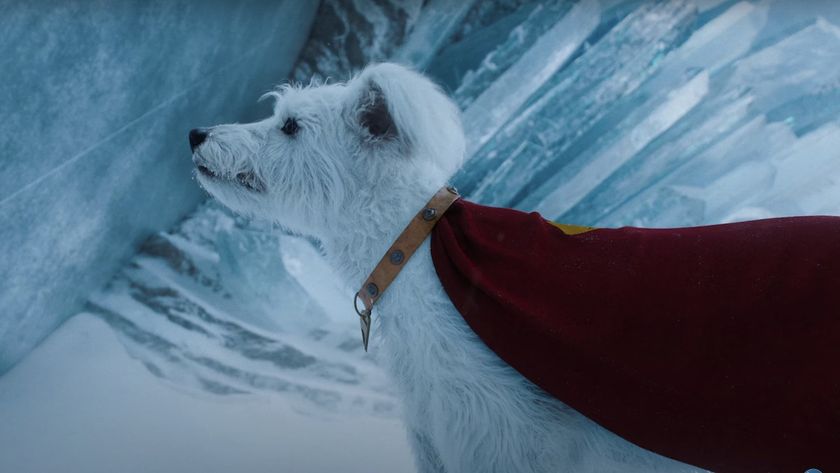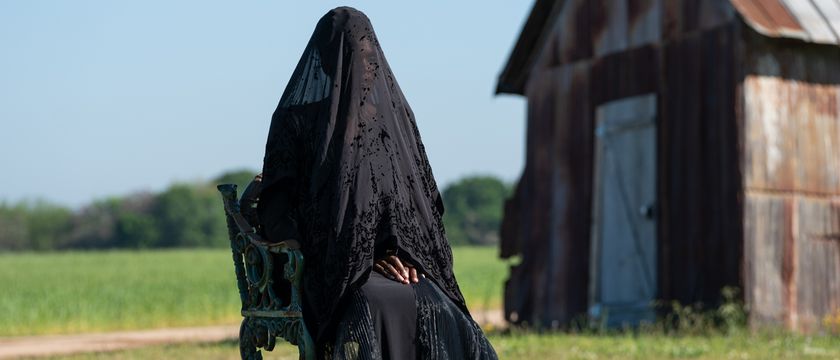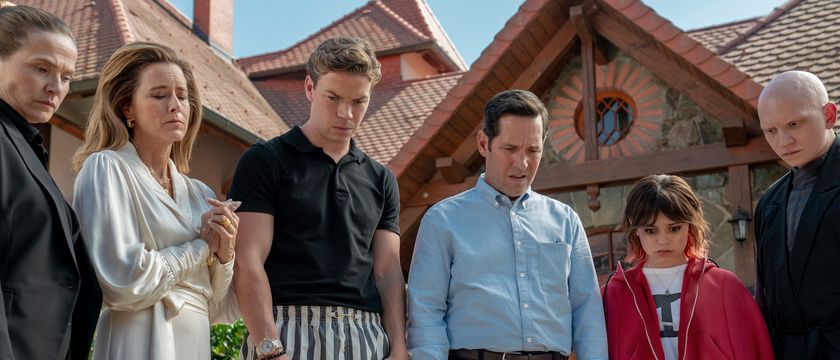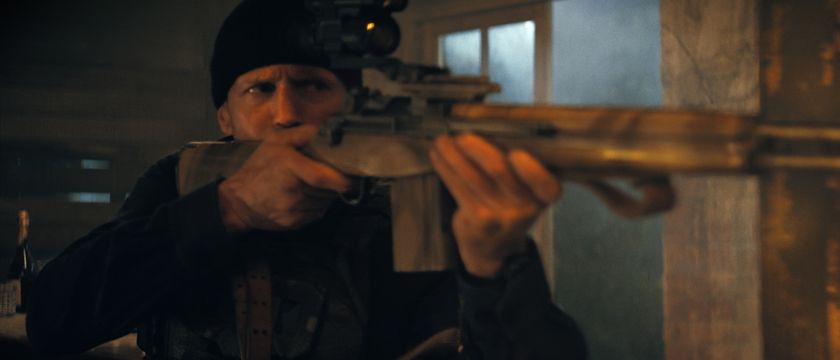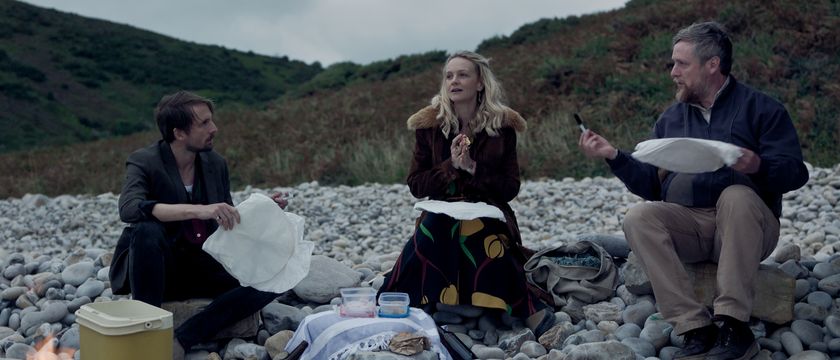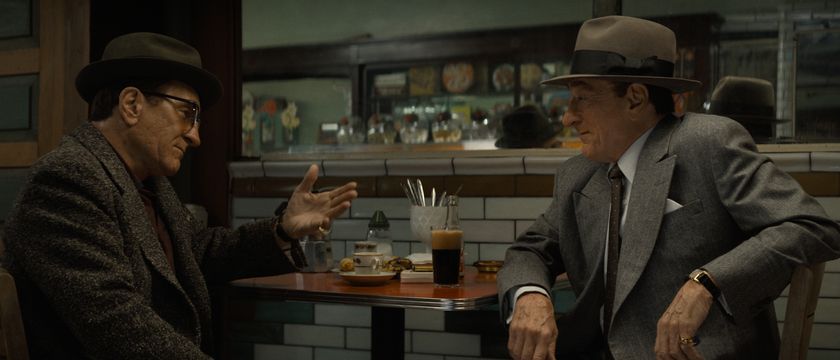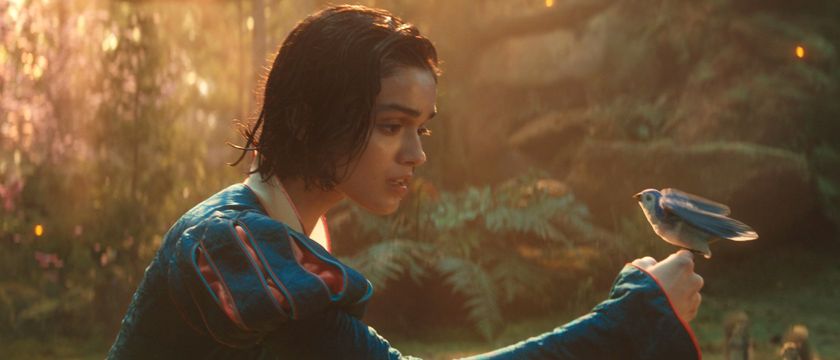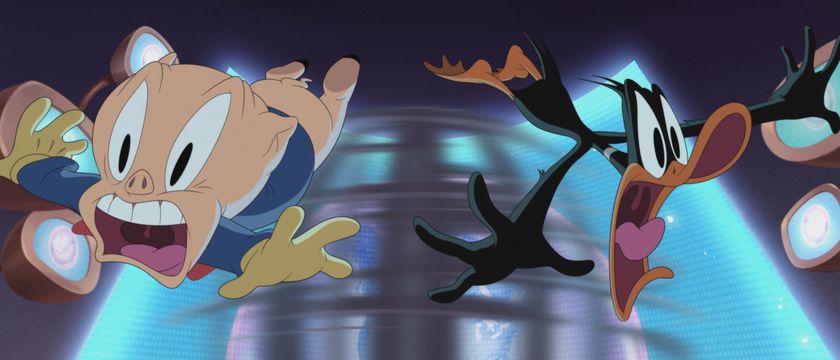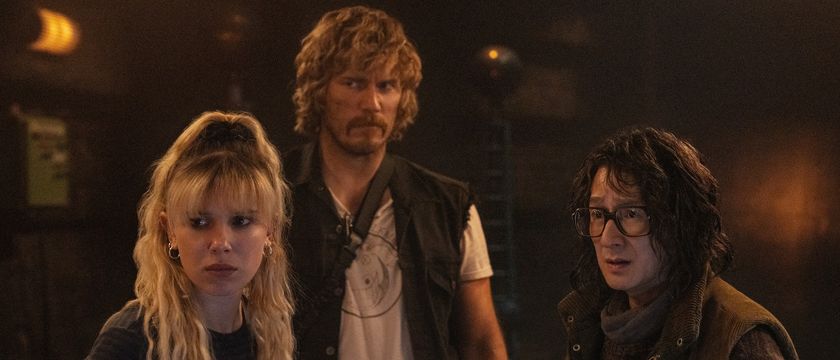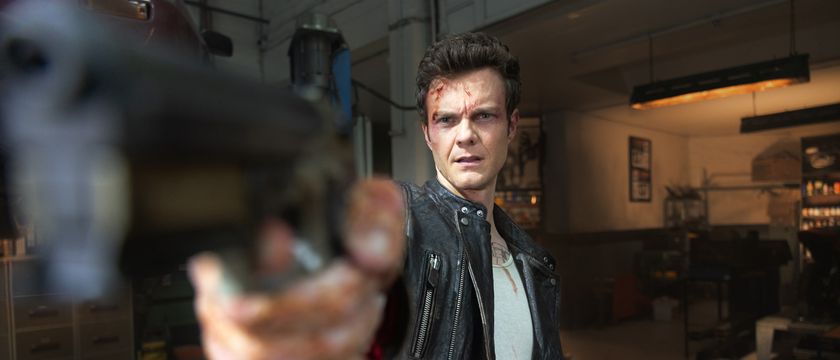Generally speaking, while Hollywood gets a hard time for the number of remakes it churns out, I've never felt that a movie simply being a remake was ever a point against it. Remakes can still feel original if they do something new with a concept, and a good story is a good story, regardless of where it comes from. Unfortunately, The Hustle, which is, in fact, a remake of a remake, is what happens when you try to make a copy of a copy, quality is greatly reduced.
In 1964, David Niven and Marlon Brando starred as a pair of con artists in the film Bedtime Story. This was followed in 1988 by Dirty Rotten Scoundrels, where Michael Caine took over for David Niven and Steve Martin starred in the Brando role. Now we have the third adaptation in director Chris Addison's The Hustle.
For the third go around, Rebel Wilson is in the Marlon Brando/Steve Martin role as Penny Rust. She a small time con artist who focuses on turning catfishing scams into cash. On a train to Beaumont-sur-Mer in France, a city Penny plans to spend some time scamming in, she meets Josephine Chesterfield (Anne Hathaway, in the David Niven/Michael Caine spot). At first, Penny doesn't realize that Josephine is also a grifter, but when she discovers that Josephine has accumulated skills, and money, that she never could, Penny looks to become an apprentice to the master. It's an arrangement that works well, until it doesn't.
The Hustle should at least get credit for making more changes to the original Bedtime Story concept than Dirty Rotten Scoundrels ever did. Scoundrels was the con-artist comedy equivalent of Gus Van Sant's Psycho, a largely shot-for-shot remake of Bedtime Story.
In addition to gender swapping the leads, the movie changes a few plot points which at least has the potential to create new jokes. The problem is that this largely doesn't happen. Many of the exact same jokes are simply modified to fit the changes. In the places where no significant changes have taken place, the jokes, and even many direct lines have dialogue, have survived unchanged since 1964.
Most of the changes that have been made are surface level and don't ultimately impact the story. There's really only one substantive change in the plot which has the benefit of creating the only significantly new scene in the entire film. The problem is, because the story keeps so close to the previous versions early, the change in the characters later doesn't make any sense. Attitutedes and motivations go through major shifts without explanation.
None of this would matter if the jokes were funny or if the chemistry between the two leads worked well enough to carry the story through, but that doesn't happen. The humor mostly falls flat. Rebel Wilson is her usual self. If you've seen her physical comedy and raunchy dialogue combo before, then you know what you're getting here. Anne Hathaway largely plays the straight woman whose job in the story is to look fabulous, and while her wardrobe is absolutely on point, she just doesn't add much, which is just disappointing.
Together, the pair don't work as well as they should. Both performances are fine on their own; not great, but fine. Still, the chemistry never clicks between them. They each needed somebody else opposite of them to help play to their strengths.
Ultimately, the gender swap aspect of The Hustle adds little. The idea that women make better con artists is an interesting idea worthy of exploration, but by reusing the exact same story, the movie never proves its premise, and thus wastes it.
If you've never seen either of the two versions of this film before, or if you love those versions so much that you need to experience every iteration, The Hustle might have enough to keep you entertained. For anybody else, you may leave the theater feeling you got conned.

CinemaBlend’s resident theme park junkie and amateur Disney historian, Dirk began writing for CinemaBlend as a freelancer in 2015 before joining the site full-time in 2018. He has previously held positions as a Staff Writer and Games Editor, but has more recently transformed his true passion into his job as the head of the site's Theme Park section. He has previously done freelance work for various gaming and technology sites. Prior to starting his second career as a writer he worked for 12 years in sales for various companies within the consumer electronics industry. He has a degree in political science from the University of California, Davis. Is an armchair Imagineer, Epcot Stan, Future Club 33 Member.

